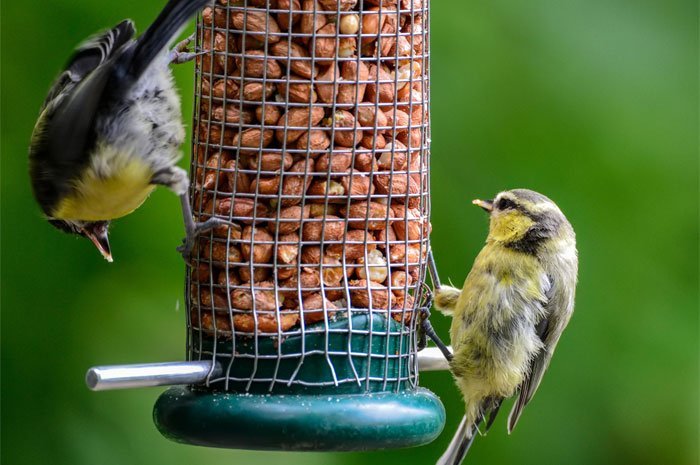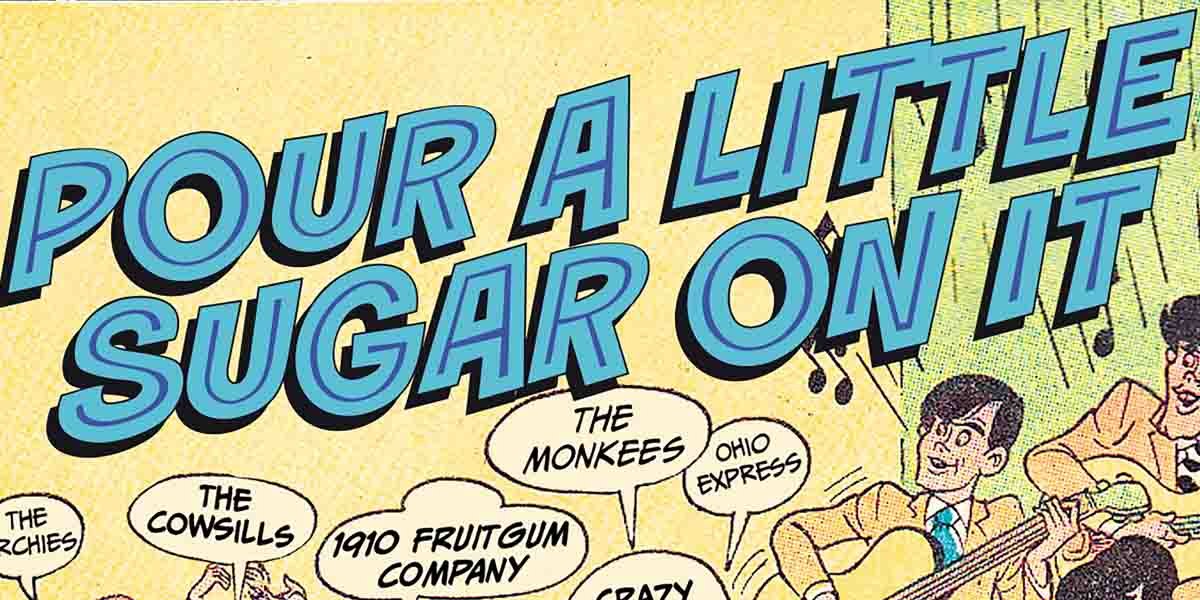Feeding wild birds is a popular pastime for many people throughout the UK. Different species of birds into the garden can be easily achieved by feeding them in the way that they need.
When should you feed wild birds?
Birds need our help all year round, but especially between March and June due to the increase in chicks at this time.

Check on your bird feeders regularly. If your feeders are not empty within 10 days, lower the amount of food in the feeders to attract more birds to them. Wild birds don’t like to feed from seeds which are wet and damp. By not overfilling the feeders, you will keep the food fresh & encourage more birds to them.
If your feeders are empty in less than 10 days, then you are succeeding! We would advise introducing more feeders around your garden to deal with the feeding demand! Don’t be tempted to over fill them.
Where should you feed wild birds?
Not all birds feed in the same way. It can be a good idea to keep a note of which birds are coming into your garden, so you can adapt the way you feed the birds.
Most birds prefer to feed from a hanging feeder. But Robins, Blackbirds, Thrushes and Wrens prefer to eat from a bird table or from the ground.
You can help to make wild birds feel safer by placing feeding stations close to shelter. This allows them some protection from predators such as cats and sparrow hawks. Wild birds are cautious and prefer to take cover in foliage before flying to the bird feeder.
What bird food should I put down to attract birds?
Most birds will eat most wild bird food you put out for them. But just like us, some breeds have different food preferences. A good tip, if you are not sure which wild bird breeds are feeding in your garden, is to stock a wide variety of food types.
Here is our guide to feeding different birds in your garden:
Tits love mealworms, peanuts and sunflower seeds.
Finches love seeds such as wild bird seed and sunflower seed.
Woodpeckers and Nuthatches love peanuts.
Robins & Blackbirds love softer grains, mealworms and fruity seed because they have softer bills. No-grow wild bird seed is ideal for Robins & Blackbirds because the seeds are already de-husked or cracked which makes it easier for them to eat.
All wild birds enjoy energy balls and suet pellets so remember to keep your garden well stocked with these.
How to start feeding wild birds
If you are introducing wild bird feeding to your garden for the first time, here are some handy tips:
Only half fill the feeders to start with until you know the birds will visit.
If they don’t visit, be patient. They will come in time.
Remove seeds that become wet, because birds won’t feed from damp seeds.
Birds find food by sight, so scatter some on the ground beneath the feeder.
Do you have squirrels in the garden? Then feeding your wild bird food from a squirrel proof feeder will stop squirrels from taking all the food.
Author: STUART EDGAR
OSCAR Pet Foods Carlisle offer a wide range of foods for dogs, cats in order to cater for your pet's needs throughout their lives. Diets include grain free, gluten free, weight control and joint care support. Contact Stuart Edgar on 01228 658143 or Mobile: 07486 457 237, or visit www.oscar.co.uk for more information.






